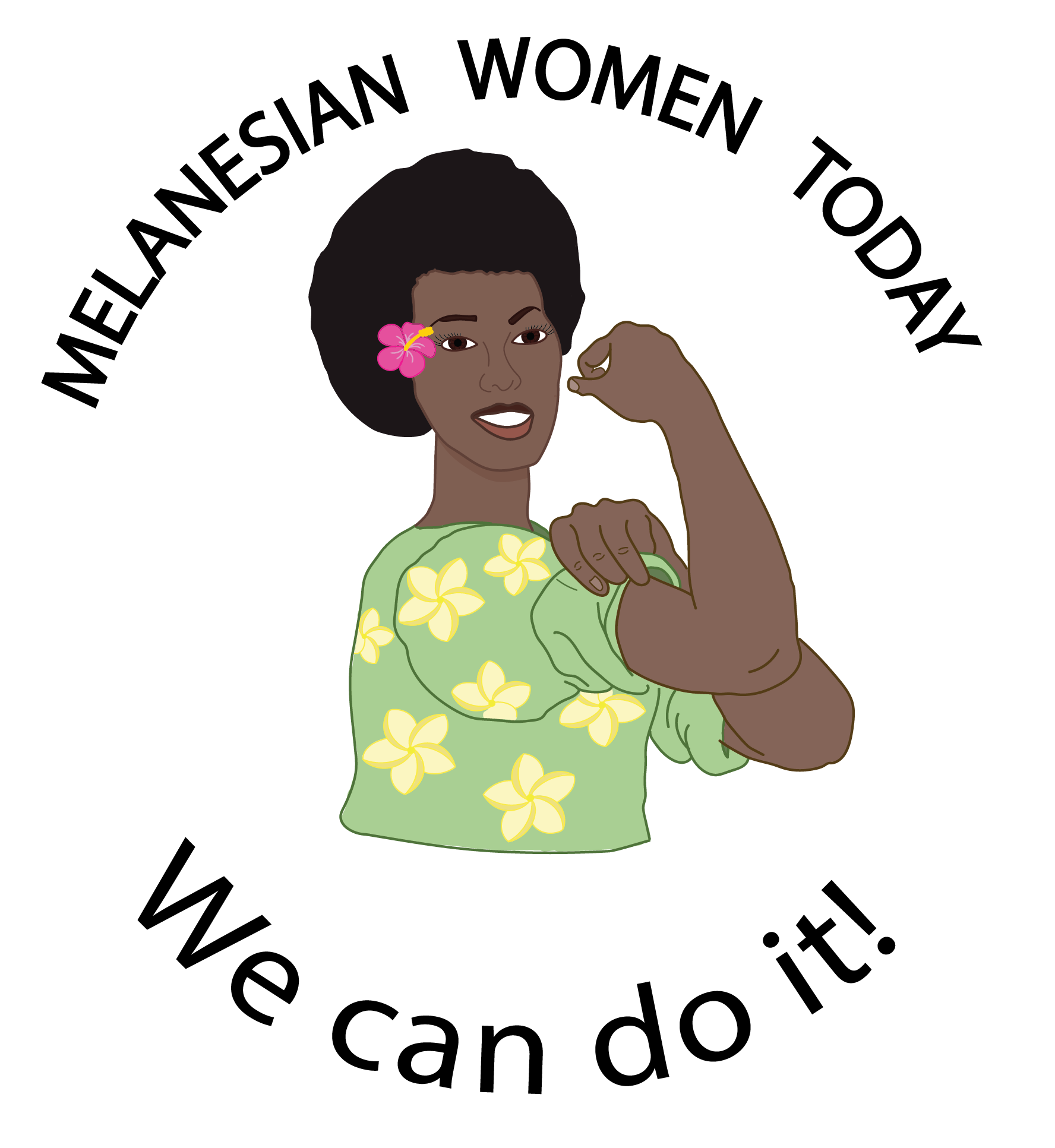My Experiences at Nuclear Ban Week - MWT Fiji Country Coordinator
I attended the ICAN Forum and First Meeting of State Parties (1MSP) which was hosted by the United Nations at the Vienna International Center. There were so many opportunities for us to learn about possible research projects related to the nuclear legacy in the Pacific, advocacy, and how to approach and lobby policymakers to join the Treaty on the Prohibition of Nuclear Weapons (TPNW).
On my second day in Vienna, I attended an event at the Irish Embassy in Stephansplatz. I listened to a presentation by the International Committee of the Red Cross which explained how nuclear explosions make it impossible to rescue victims. After the nuclear bomb detonated in Hiroshima, over 90% of doctors and nurses were killed, bridges and roads were destroyed, and ordinary citizens were left to fend for themselves. These weapons are so evil because they not only destroy cities and kill people, they contaminate the environment for decades to come.
The absolute destruction of the roads and bridges in and around Hiroshima made it impossible for Japanese authorities or anyone else to plan and implement rescue missions. For the first few days, inhabitants of Hiroshima had to find their families (dead or alive), food and clean water while making their way through contaminated areas without outside help.
Japanese survivors of the horrific Hiroshima nuclear bombing were also present at the Embassy. They told the stories of their families and how they suffered from the atrocities committed in their city. They told us how their parents were blown out of their bedrooms and their family members died in an instant. The consequences of the explosion changed the course of their lives forever. Each of the survivors echoed the same sentiments–this kind of tragedy should never happen again.
We also got to hear from Tim Wright who is the Treaty Coordinator and Co-Founder of ICAN. Tim told the audience about the origins of the International Campaign to Abolish Nuclear Weapons (ICAN). In 2005, international efforts to ban nuclear weapons were failing. Activists around the world were protesting for a nuclear free world without being connected to each other. There was no real direction. The latest efforts at the United Nations were failing. World leaders were not determined or united on their disarmament policies.
In Australia, ICAN began with a small group of people who wanted to make a difference in the world. ICAN emerged out of the necessity to design a new campaign that would influence policymakers and inspire ordinary people to come together and get involved. The founders of ICAN wanted to inspire more action. They wanted to see international governments publicly agreeing to ban and destroy nuclear weapons.
It was inspiring to hear Tim Wright talk about all the ways it seemed impossible to achieve what ICAN has now achieved. Most countries in the world have joined the Treaty on the Prohibition of Nuclear Weapons (TPNW) and ICAN has a Nobel Peace Prize under their belt. What once seemed like a distant imagination is now a reality.
ICAN’s work and accomplishments are not common knowledge in the Pacific region, but it should be. We should be motivated by their work to lobby our governments, in the Pacific region, to join the TPNW. While Pacific countries have shown a strong commitment to ban nuclear devices, we still have quite a way to go before we can consider our region to be a nuclear-free Pacific. My trip to Vienna reminded me of how important it is for indigenous Pacific Islanders to protect our villages and islands. What seems impossible now can be accomplished–we just need to be resilient.
By Talei Caucau
NUCLEAR DISARMAMENT WEEK VIENNA 2022

